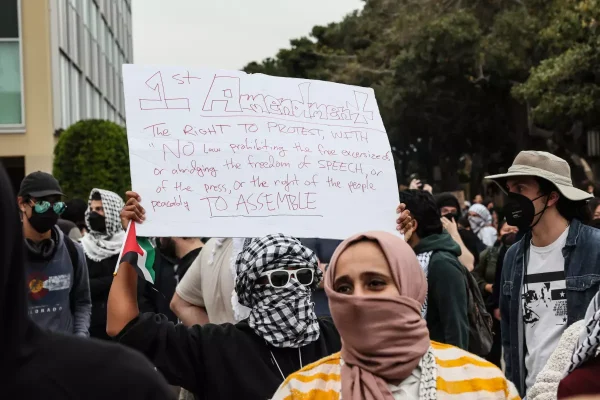Spotlight on Neon Dance Shenanigans
Amidst the strobe lights and colorful decorations, the Neon Dance was anything but bright for some of the students.
The second annual Neon Dance was filled with eager freshmen wearing matching outfits, sophomores donning fluorescent yellow shirts, juniors jamming to a blend of 2000s classics and 2016 slaps, and seniors breaking out the dougie and nae-nae alongside each other. Many students lavished in the fun, energetic atmosphere of this back-to-school dance; however, pre-dance festivities caught up with a few, as some took advantage of the dance and saw it as an opportunity to “have fun” through experimenting with substances.
Myriad students get by unnoticed when using molly, marijuana, or alcohol before or during the dance. At this dance, however, some students who consumed minimal amounts of alcohol were met with severe punishment. Others still evaded administration’s questioning despite their undoubtedly reckless, yet entertaining, behavior. Junior Makenna Mattei reflects on her unexpected encounter at the dance.
“I was pulled out of the dance, and I was honest with [administration], admitting to having a few sips before the dance. I told them I was not intoxicated, and I was being very respectful,” said Mattei, who received a three-day suspension for her admission to having consumed a small quantity of alcohol prior to the dance.
“They told me my honesty would do me good in the end, but it turns out if I had lied, I probably wouldn’t have been suspended in the first place. Why am I getting in trouble for having good morals?” said Mattei.
Whereas other students faced expected consequences for obvious violations — such as vomiting as a result of being too intoxicated — Mattei received the same punishment.
Though alcohol consumption of any kind for a minor is illegal, this situation shines light on a moral that children have been taught since elementary school: honesty is the best policy. Should Mattei have lied about consuming alcohol prior to the dance, and as result, gotten by unscathed? Or should she have stuck to her inner conscience and told the truth, as she did, leading to suspension?
Principal Eric Backman, though legally unable to discuss the specific punishment of any student on campus, shares his beliefs on which route to take with regards to morality and penalty.
“I think that telling the truth is a matter of personal integrity. And if we don’t have integrity, I think that that can make for a very difficult life, and I think it can have a lot of extremely negative implications down the road. And so, I would always encourage students to tell the truth, to have integrity, and to honor their own integrity, even if it means facing consequences,” said Backman.
Backman comments on the distinguishing factors that enable both him and administration to breathalyze a student in these situations.
“We would only breathalyze if we have what’s called reasonable suspicion. We have pretty extensive training, lots of experience, and I think the administrative team at Casa is committed to consistency and fairness,” said Backman.
Mattei did urge administration to give her a breathalyzer in order to prove her innocence, though the device proved faulty and was unable to calculate her blood-alcohol concentration. As a result, she further questioned her consequences. In the spotlight of this spectacle, Backman discusses his sole purpose as both principal and disciplinary leader.
“My most important responsibility as principal of the school is to do everything I can to ensure student safety, wellbeing, and health. That’s my highest priority, and the reason for that, of course, is if students aren’t safe, if they aren’t healthy, if they aren’t well, it’s really difficult, sometimes impossible, to learn and to grow academically and socially. I’m committed to doing everything I can to keep students safe and healthy. One of the ways that we do that is to fairly and consistently administer the district consequence and discipline plan,” said Backman.
While there are long-term benefits to upholding one’s personal integrity, a suspension is impactful on a student’s personal record for his or her high school career — one seen by colleges upon the application process. Nevertheless, Backman shares the palpable and impalpable rewards of being honest.
“I think the greatest reward is self-respect. [Telling the truth] would also allow me as a principal to say, in a letter of recommendation to a college, or for a scholarship, ‘I know based on my interactions with this person that they have tremendous personal integrity. This is someone deserving of attention. This is someone deserving of admission to your college because this is the kind of young person that you would want on your campus,’” said Backman.
Although the tangible trade-off for honesty may only be a solid letter of recommendation to a college, any student can be proud of and revel in his or her own responsible, respectable character.
Despite the small handful of students who faced harsh repercussions, there were in fact highlights that can be enjoyed for years to come: costume planning, crowd surfing, Latin dancing, and class bonding. Left with an abundance of recollections, and maybe a few regrets, students now await the anticipated homecoming dance in October.







